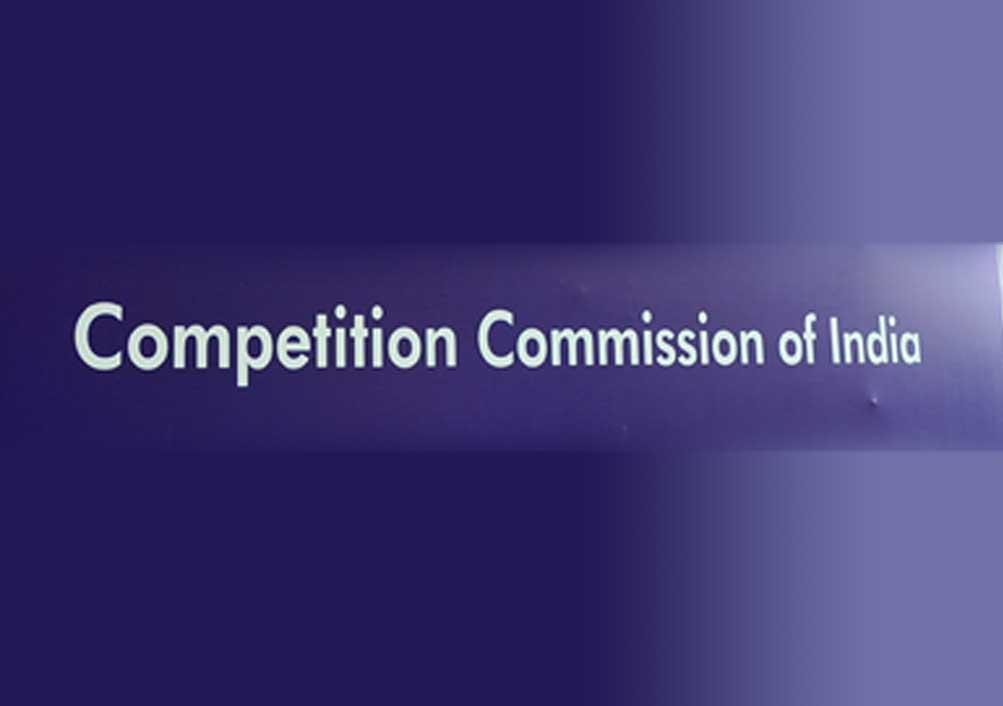Separate finding on instances of abuse may not be required if there is lack of dominance of party in relevant market: CCI

Read Order: STAR IMAGING AND PATH LAB PVT LTD AND SIEMENS LTD
LE Correspondent
New Delhi, August 27, 2021: While holding that there exists no prima facie case under section 3(4) and 4 of Competition Commission Act, 2002, the Competition Commission of India (CCI) has ruled that when there is lack of dominance of a party in a relevant market, separate finding on instances of abuse by it may not be required.
The Coram of Ashok Kumar Gupta (Chairperson), Sangeeta Verma (Member) & Bhagwant Singh Bishnoi (Member) observed that there was no basis for concluding on existence of any separate market of aftersales as contended by the Informants (IPs), and there was no requirement of defining the precise relevant markets.
The observation came pursuant to an information filed by Star Imaging and Path Lab Pvt. Ltd. and Janta X-Ray Clinic Pvt. Ltd u/s 19(1)(a) of the Act against Opposite parties (Ops) ie., Siemens Ltd, Siemens Aktiengesellschaft and Siemens Healthcare Pvt. Ltd. alleging contravention of the provisions of Section 3(4) and 4 of the Act.
Going by the background of the case, the Informants had alleged that OPs had abused their dominant positions with respect to diagnostic machine equipment purchased and installed at the former’s premises and subsequently, imposed unfair and discriminatory conditions to exploit locked-in consumer status of Informants.
It was claimed that such acts including encrypted protection of machinery/equipment, which restricted choice of after-sales provider as OP group, excessive pricing charged for spare parts and option of upgrading equipment by charging exorbitant prices violated the provisions of Sections 4(2)(a), 4(2)(b)(i), 4(2)(b)(ii), 4(2)(c), 4(2)(d) and 4(2)(e) of the Act.
Besides, it was also alleged that non-sharing of encryption key/password violated Section 3(4) as non-provision of adequate know-how and spare parts by OP group resulted into ‘Refusal to deal’. Such conduct had led to appreciable adverse effect on competition (AAEC), consumers, market and society.
After considering the arguments, the CCI stated that as concerned machines were bought for commercial use over a long period of time, entailing considerable financial investment, coupled with the fact that IPs were in the business for several years, in all reasonable likelihood IPs were in a position to estimate life cycle cost in order to generate returns from investment made while charging from patients who availed their diagnostic services.
Moreover, apart from OPs, there were big players that had a strong presence in the market of the machines. Domestic medical equipment manufactures had also entered in the primary market. Further, IPs had neither been able to demonstrate at time of purchase of respective machines nor at time of alleged abusive conduct of OPs that there were no alternatives available from other manufacturers, added the Coram.
Rather, the Coram observed that IPs had machines of other manufacturers, which they had employed in their path lab for use in diagnostic services.
As there was lack of dominance of OPs, a separate finding on instances of abuse may not be required. Besides, password protection of machines by OP-3, as claimed by IPs, may not have existed as OP-3 had claimed that password could be shared with IPs for a price, added the Coram.
Opining that IPs also did not bring out any evidence to show whether OP-3 had created any hurdles even upon due willingness of IPs for obtaining such password after payment of fees, the Commission stated that allegation of refusal to deal made by IPs u/s 3(4) was also without merit.
No password was required to replace fibre cable and IPs could have procured a cable from local markets if they were not satisfied with the price and convinced that cables available in local markets were safe, added the Commission.
Sign up for our weekly newsletter to stay up to date on our product, events featured blog, special offer and all of the exciting things that take place here at Legitquest.




Add a Comment